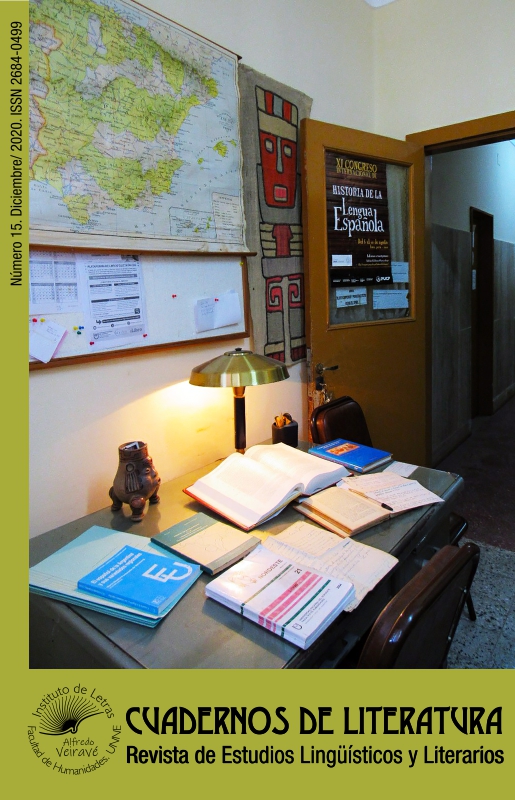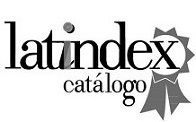Honorifics, referential address forms and society. Forms of address in Buenos Aires Spanish of the colonial period: between politeness and power
DOI:
https://doi.org/10.30972/clt.0154722Keywords:
Honorifics, Forms of reference, Colonial (im)politeness, Power asymmetries, Buenos Aires spanishAbstract
Historical studies on colonial Buenos Aires indicate the existence of a complex social fabric that was mainly based on ethnic hierarchies. This hierarchy legitimized the status of the white population of Spanish origin and then, with markedly descending privileges, the non-whites, the so-called castes, made up of the inhabitants of original peoples, of African ethnicities and born of ethnic fusions were located (Areces, 2003, Beato, 2005; v. also Presta, 2000). In this framework, address forms were a reflection and expression of diverse social attitudes, operating as valuable discursive elements of construction and negotiation of identities, and marking of existing asymmetries (Rigatuso, 2008; Rojas Mayer, 2008). This article focuses on two phenomena of the colonial address forms that present special sociolinguistic and pragmatic interest due to their functionality for the expression of those asymmetries: a) politeness forms of address, especially Honorifics (Lapesa, 1970), that are used as forms of deference toward interlocutors and the third persons (Haverkate, 1994), and b) the referential nominal forms used to refer to the members of the different human groups. In the productions of the dominant group, both address modalities constitute complementary discourse strategies that manage, highlight and express these inequalities, contributing to the construction and projection of the social image of that social group.The research uses the frame of Historical Sociolinguistics (Romaine, 1982; Nevalainen/Raumolin-Brunberg, 2005; Hernández-Campoy/ Conde-Silvestre, 2012) and Historical Pragmatics (Jucker/Kopaczyck, 2017), but it also builds on Sociopragmatics, Sociocultural Pragmatics (Bravo/Briz, 2004) and Discourse Analysis (Van Dijk, 2000). The corpus analysed consists of institutional and non-institutional discourses.









52.jpg)









